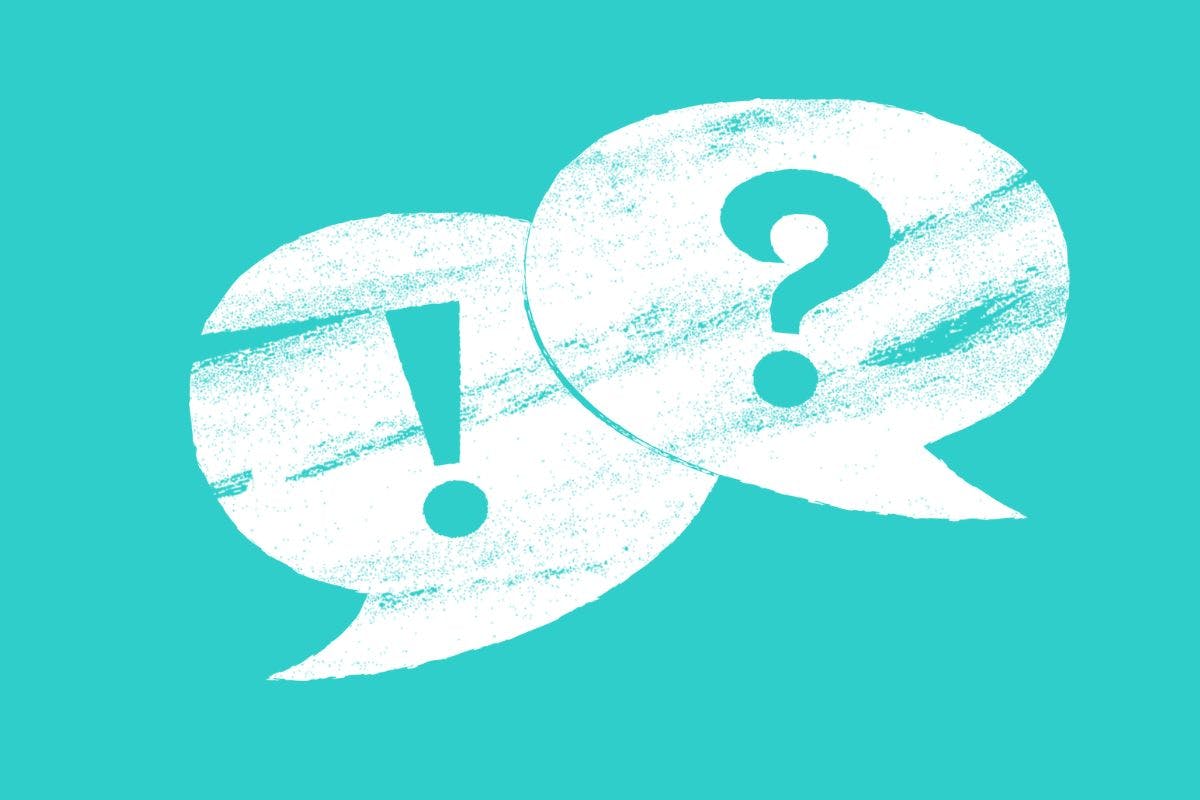Published: 20 September 2022
Last updated: 5 March 2024
A simple, heartfelt address from a Holocaust survivor in the Bundestag carried a direct, uncontestable truth that the Israeli president's speech did not.
I returned from my summer holiday to find a letter from Bärbel Bas, the President of the German Bundestag, inviting me to an official event with the President of Israel, Isaac Herzog. He would be speaking in the parliament, there would be a screening of a short movie, and an exhibition to mark the 70th anniversary of the reparations agreement between Germany and Israel and the Jewish Claims Conference.
So, on September 6, I put on a suit and entered the Bundestag for the first time. I soon met some Israeli friends, colleagues, writers and curators. We all asked the same question – why were we invited? Well, most of us helped organize the "Middle Eastern Union" festival last year, which was widely covered by the German media. I also hoped I was invited as an Israeli poet living in Berlin.
The audience rose when Herzog, Bas and all the members of the German government entered. We were sitting upstairs in the gallery. Herzog opened his speech with a reminder of the crusades, one thousand years ago, that led the Jews to write the “Yizkor” (Memorial Prayer). In desperation, the Jewish people had turned to God and asked Him to remember.
The audience stood when Herzog read the Yizkor in remembrance of the victims of the Holocaust. I became emotional, then realised I didn’t have a kippa.
During his speech, Herzog received applause after almost every sentence. He talked about the danger of Iran, while knowing that the US is working on an agreement with Iran. None of us in the gallery clapped. Then he mentioned that Israel wants peace with the Palestinians. Clapping down below, but not from us. For too long, no Israeli prime minister has met with his Palestinian counterpart.
Only when Herzog mentioned his father, Chaim Herzog, the sixth president of Israel, did I get more interested. During World War II he was part of the British army that participated in the liberation of several Nazi concentration camps, including Bergen-Belson. In 1987, when he became the first president of Israel to officially visit Germany, he made a point of returning to Bergen-Belsen.
And now Herzog quoted from the speech his father made at the time: "No forgiveness with me and no forgetting, only the dead have the right to forget and only the dead have the right to forgive. And the living mustn’t forget." Strong words, and yet what do they do to me?
Something in me was shaken when I thought of the destruction, which no amount of money can compensate, the destruction from which the Jewish communities did not return to speak their voices.
At the end of his speech Herzog quoted from the poem by Israeli poet Yehuda Amichai (1924-2000), who was born Ludwig Pfeiffer in Wurzburg, Germany.
"On my desk there is a stone with the word “Amen” on it,
a triangular fragment of stone from a Jewish graveyard destroyed
many generations ago. The other fragments, hundreds upon hundreds,
were scattered helter-skelter, and a great yearning, a longing without end, fills them all.”
Pfeiffer changed his surname to a Hebrew name (“Ami-Chai,” which means my people are alive). I think to myself, those are words from people who keep their distance from Germany, who live far away, in Israel. But what about us, in the gallery, Israeli Jews who live in Germany?
Herzog complimented Bas on arranging compensation for the families of the athletes murdered in the Munich Olympics. He emphasised how much he appreciated the effort made by his German colleagues to finally conclude the compensation agreement for this other tragedy that happened in Germany. However, the 50 years the families of the victims had to wait for compensation hinted at an unpleasant aspect of German bureaucracy.
The ceremony ended with the opening of an exhibition about the reparations agreement. It referred to the impossibility of making up for the past. But then I heard Eva Szepesi, a Holocaust survivor, speak.
“At the age of 11, I fled with my aunt to Slovakia through a forest. It took us 11 hours, but we were discovered and sent to internment. I was taken in a cattle car to the Auschwitz-Birkenau concentration camp, where I arrived on November 2, 1944. A guard advised me to pretend to be 16 years old. They stripped us, cut my braids, and asked my age, and I said I was 16. That's how I was saved because the little children were murdered. I was asleep and exhausted from hunger and thirst. Suddenly, when I woke up, I saw a Russian soldier from the Red Army, one of the first to enter the camp.”
For me, this heartfelt talk was the high point of the evening. In contrast to Herzog’s speech, what Szepesi said was genuine and uncontestable. But it also reminded me how many things are not. There are so many twists today between good and bad. I went to live in the country whose people did that to her. Russian soldiers saved this woman; they do not stand for much good today.
After I left the Bundestag, I received a call from my excited mother. But I was just confused. Something in me was shaken when I thought of the destruction, which no amount of money can compensate for, the destruction from which the Jewish communities did not return to speak their voices.
Still, seeing how this agreement helped an Auschwitz survivor brought back hope that somewhere there is justice. Yet when I went back to my complicated personal life as an Israeli-Jew in Germany, I couldn’t stop thinking how security forces are still needed to protect Jewish institutions in Berlin.
Photo: Israeli President Isaac Herzog delivers a speech at the German parliament in Berlin, September 6 (Michael Kappeler/DPA via AP)



